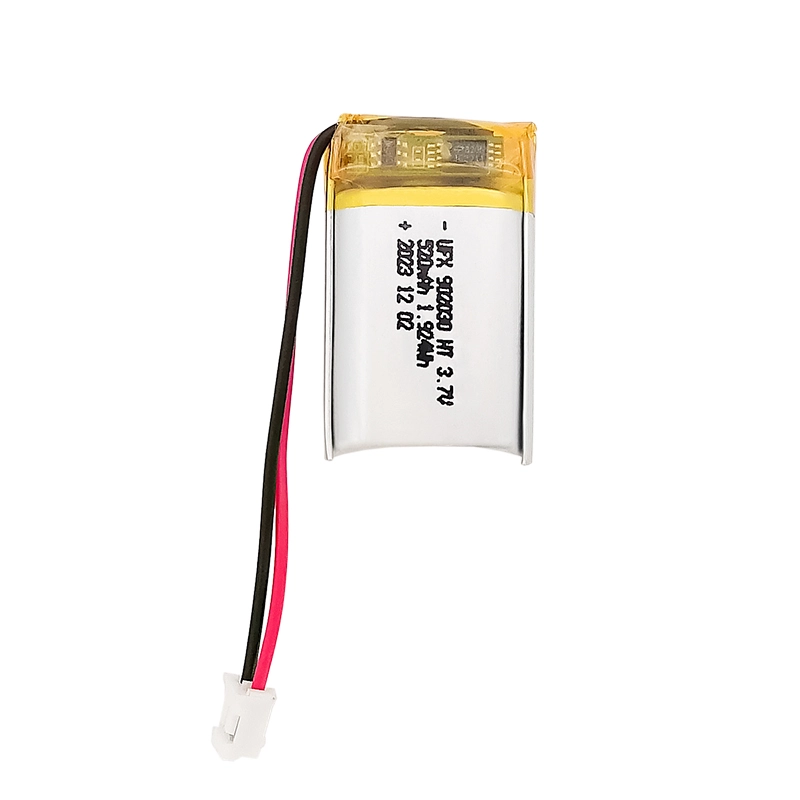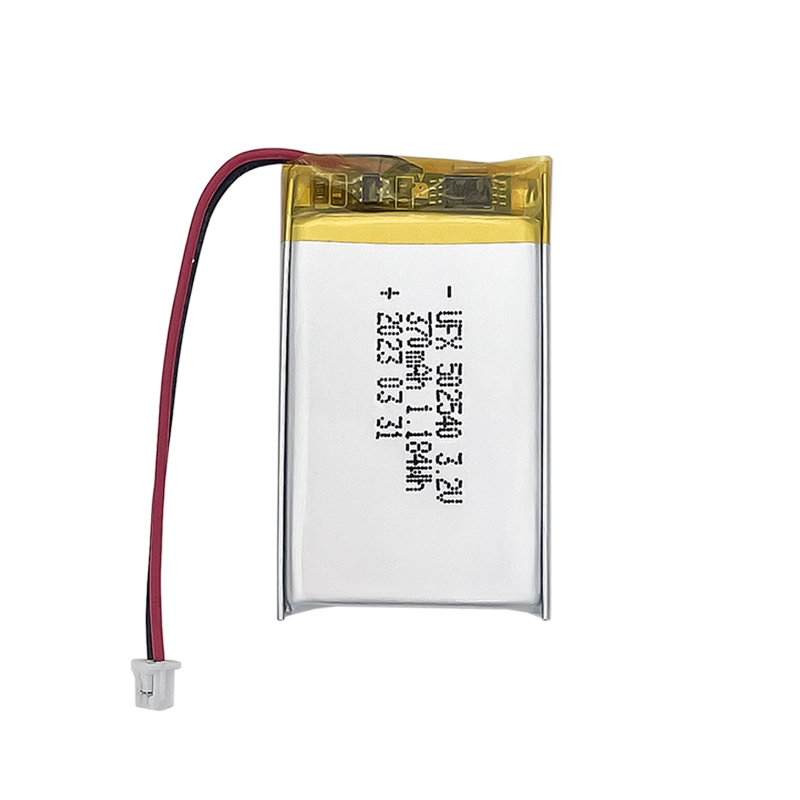
Types Heated Clothing Battery
What is heated clothing?
Heated clothing not only has the functions of rapid heat preservation, cold protection and warmth but also has the characteristics of windproof, waterproof, antifouling, wear resistance, acid and alkali resistance, high-pressure resistance, and long service life. Heated clothing can be worn just like ordinary clothing, gloves, shoes and socks, which is very convenient. When using it for heating, you only need to turn on the lithium battery switch or connect the USB to a computer device to heat up, and it is safe to use.
The inner material of most heated clothing is mainly artificial velvet with good ventilation, which ensures the air circulation of the product, so that the temperature of the self-heating product acts on the human body in a balanced manner, making it comfortable to wear. Among them, the lithium battery heat source and other devices are easy to disassemble and assemble and can be cleaned freely.
For example, in a new 15-micron thick film material, the manufacturer has integrated a high-efficiency heating material and a high-precision sensor. It only takes tens of seconds for the heating material to heat from normal temperature to hundreds of degrees, and the sensor can accurately control the temperature to 0.1 degrees Celsius. The sensor in the smart jacket can accurately control the temperature through the mobile phone app, and can even automatically sense the outside temperature and adjust the wearer’s body temperature.
Heated Clothing Battery
Some heating-down jackets are equipped with self-heating areas on the chest, back and abdomen. There are three levels of warmth in total. Users can adjust the temperature through the buttons on the inside of the collar. The heated clothing battery (12V) built into the jacket can maintain medium temperature for 5-6 hours or high-temperature heating for 3-4 hours. The lithium battery takes 1.5 hours to fully charge, and the user can also adjust it to local heating.
The most important thing is that some down jackets can not only generate heat, but they may also be down jackets that can charge mobile phones. This heated clothing has a built-in cable that can directly charge your phone. It is also waterproof, so you don’t have to worry about it raining or being washed in water.
What certifications should I look for when buying safe batteries for heating clothes?
Heated clothing is generally safe when used according to the manufacturer’s instructions. Choose heated clothing apparel from reputable brands that meet safety standards and have a good track record is particularly important for the safe use of heated clothing. Look for certifications such as CE, UL, or ETL, which indicate compliance with safety regulations.
Types of Heated Clothing Battery
There are several types of batteries used in heated clothing:
Lithium-ion batteries: Lithium-ion batteries are one of the most common types used in heated clothing. They offer high energy density, lightweight construction, and reliable performance. Lithium-ion batteries provide longer heating durations and have a low self-discharge rate.
Nickel-metal hydride batteries: Nickel-metal hydride batteries are also commonly used in heated clothing. They have high capacity and long charging lifespans. While nickel-metal hydride batteries are relatively heavier, they perform well in cold temperatures.
Lead-acid batteries: Lead-acid batteries are less frequently used in heated clothing because they are heavier and have lower capacity compared to other battery types. However, lead-acid batteries are cost-effective options.
Lithium polymer batteries: Lithium polymer batteries are thin and lightweight, making them suitable for thinner or more flexible heated clothing designs. They have high energy density and a low self-discharge rate but are relatively more expensive.
These are some common types of batteries used in heated clothing, and the specific choice depends on product design, usage requirements, and manufacturer preferences. When purchasing heated clothing, you can refer to the product specifications or consult the manufacturer to determine the battery type used.
Ufine Heated Clothing Battery
Ufine has successfully developed and produced thousands of conventional batteries, lithium iron phosphate batteries, ultra-thin special-shaped batteries, low-temperature batteries and 18650 batteries. Ufine’s lithium batteries have passed relevant certifications such as CQC, KC, UL, PSE, CB, CE, etc. We also continue to test products for RoHS directives, REACH regulations, PFOS directives and other related environmentally friendly substances.
High Energy Density
It stores large amounts of energy in a smaller and lighter package
Longer Cycle Life
Withstands extensive charge and discharge cycles
Low Self-Discharge
Maintains power longer when not in use
Safety
Minimizes the risk of accidents and ensures safe operation
More Information About Heated Clothing Battery
-
Is your Heated Clothing Battery safe? What certifications are there?
-
What is the minimum order quantity (MOQ) for lithium batteries?
-
Can I get samples of lithium batteries before placing a bulk order?
-
How about after-sales support in your company?
Latest Blogs
About Lithium Battery Industry News
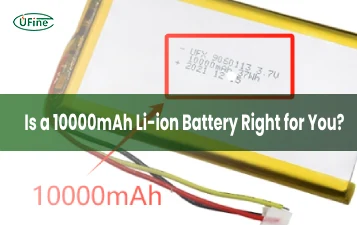
10000mAh Battery Explained: How Long It Lasts, How It Works
A full guide on 10000mAh li-ion batteries, voltage, usage time, and tips. Discover how a 10000mAh battery works, how long it lasts, and how to choose.
2025/04/18 Ufine
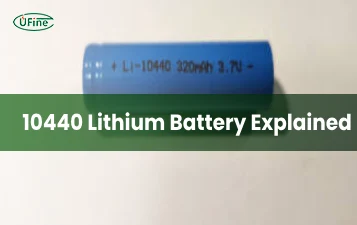
10440 Battery Guide: Size, Voltage, Capacity, Uses & More
Understand 10440 batteries better—size, voltage, safety, and how they compare to AAA. Find the best fit for your high-performance devices.
2025/04/18 Ufine
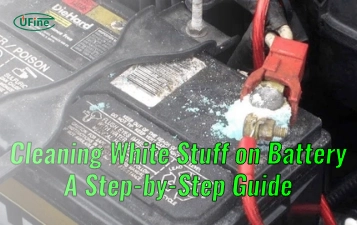
White Stuff on Battery Terminals: A Step-by-Step Cleaning and Maintenance Guide
White stuff on battery terminals is corrosion. Learn how to clean it safely, prevent damage, and keep your battery running strong with simple steps.
2025/04/18 Ufine
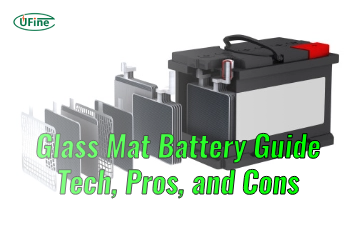
Understanding How Glass Mat Batteries Work: Technology, Benefits, and Limitations
Glass mat batteries power cars, RVs, and solar systems. Learn how they work, their benefits, and what to consider before choosing one.
2025/04/18 Ufine
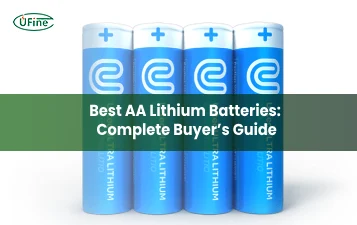
A Buyer’s Guide for AA Size Lithium Battery
Discover the power of AA size lithium batteries—types, voltage, capacity, and more! Learn how to choose the best one for your needs. Read now!
2025/04/17 Ufine
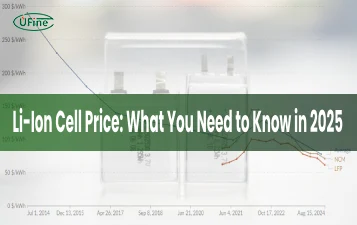
Li-Ion Battery Prices – Where to Buy Cheap & Safe
Discover li-ion cell prices, key market factors, and how to find affordable custom batteries from top suppliers like Ufine Battery.
2025/04/17 Ufine

